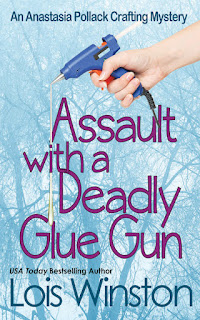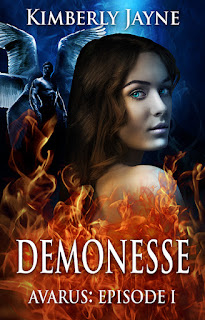Gay Yellen: Weeding and Wording
Just found out that today is National Weed Your Garden Day, which couldn’t be more appropriate for me at the moment, though instead of culling crabgrass, I’m weeding out words.

vecteezy.com
The most common offenders I’ve dug up so far are: just, seemed, felt, but, winced, smiled, and a few other crutches a writer too often leans on.
The good news is that this exercise signals my last round of self-editing for The Body in the News, Book 3 in my Samantha Newman Mystery Series. Once this task is completed, I’ll be sending the manuscript to my publisher.
The bad news is, I’ve been so focused on finishing the new book that I completely forgot to plan a subject for this, my monthly Stiletto Gang post. So, in honor of this “national” day, let’s talk about weeds… oops, I meant words.
I was surprised when a friend commented that she thought I consciously chose to use more common language in my books than I use in my natural speech. Well, yes, and no. The characters in my books are not me, and even though I write their dialogue, the way they express themselves is their own.
 When the writing is going well, I’m listening to Samantha and Carter and their supporting cast as they dictate their words to me. Older people use different words than younger adults and children do. Sticklers for facts, such as my detective, Buron Washington, are more clipped and precise when they speak. And so on, down to a new character whose vocabulary is unique unto itself.
When the writing is going well, I’m listening to Samantha and Carter and their supporting cast as they dictate their words to me. Older people use different words than younger adults and children do. Sticklers for facts, such as my detective, Buron Washington, are more clipped and precise when they speak. And so on, down to a new character whose vocabulary is unique unto itself.
However, the weeds in this manuscript are entirely my fault, and I must get back to yanking them out, one by one. But before I go, here’s a question:
Does the way a person speaks reveal something unique about their mood or character? How so?
Gay Yellen writes the award-winning Samantha Newman Mysteries including The Body Business, The Body Next Door, and out later this summer, The Body in the News.














